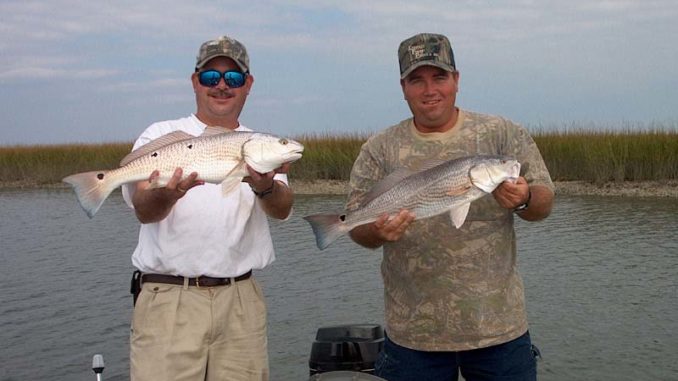
Molting crabs have turned on redfish bite — it’s the bait, baby
While a little behind schedule, crabs have started molting in the North Inlet area, and Capt. Newman Weaver of Kingfisher Guide Service said the redfish have responded.
“As the water temperature rises to 63 degrees, the crabs start molting and everything shuts down at this point except for bait fishing,” said the Georgetown-based Weaver. “They will absolutely not eat anything else right now, but it’s a good time to still catch fish on cut mullet and soft shell crabs.”
Redfish absolutely love soft crabs and will go out of their way to feast on these delicacies. To redfish, crabs – and especially the soft-shelled variety – are the caviar of the estuary.
“It is unlike their winter stance, hunkered down in the rear of a creek; fish begin cruising around looking for food. With soft shell crabs, the bite kicks off and gets them going again,” said Weaver (843-545-7639), who takes crabs, divides them into eight pieces and impales them on a circle hook.
While an expensive bait, the response is overwhelming, with very few refusals among the redfish community. It is one of the only bait options anglers will ever purchase where eating the leftover bait is not repulsive.
One of the best aspects of soft shells for bait is the chain reaction across the fish community.
“It may be slow at first, but, as soon as you hook the first redfish, they drag it around and all of the rest of the fish start firing off,” Weaver said.
Best of all, the bite will continue even after soft-shell crabs disappear, usually sometime later in April, because baitfish will begin pouring into the estuary and reds will keep right on feeding. Live and natural baits will dominate for several weeks, then artificial baits and flies will start to work.

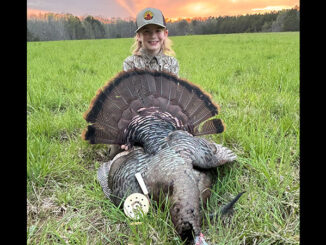
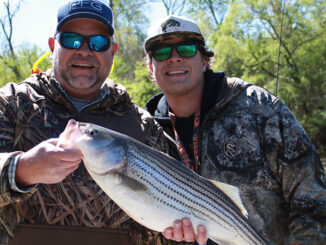
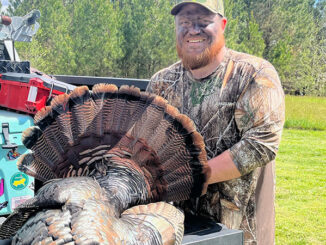
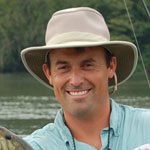
Be the first to comment